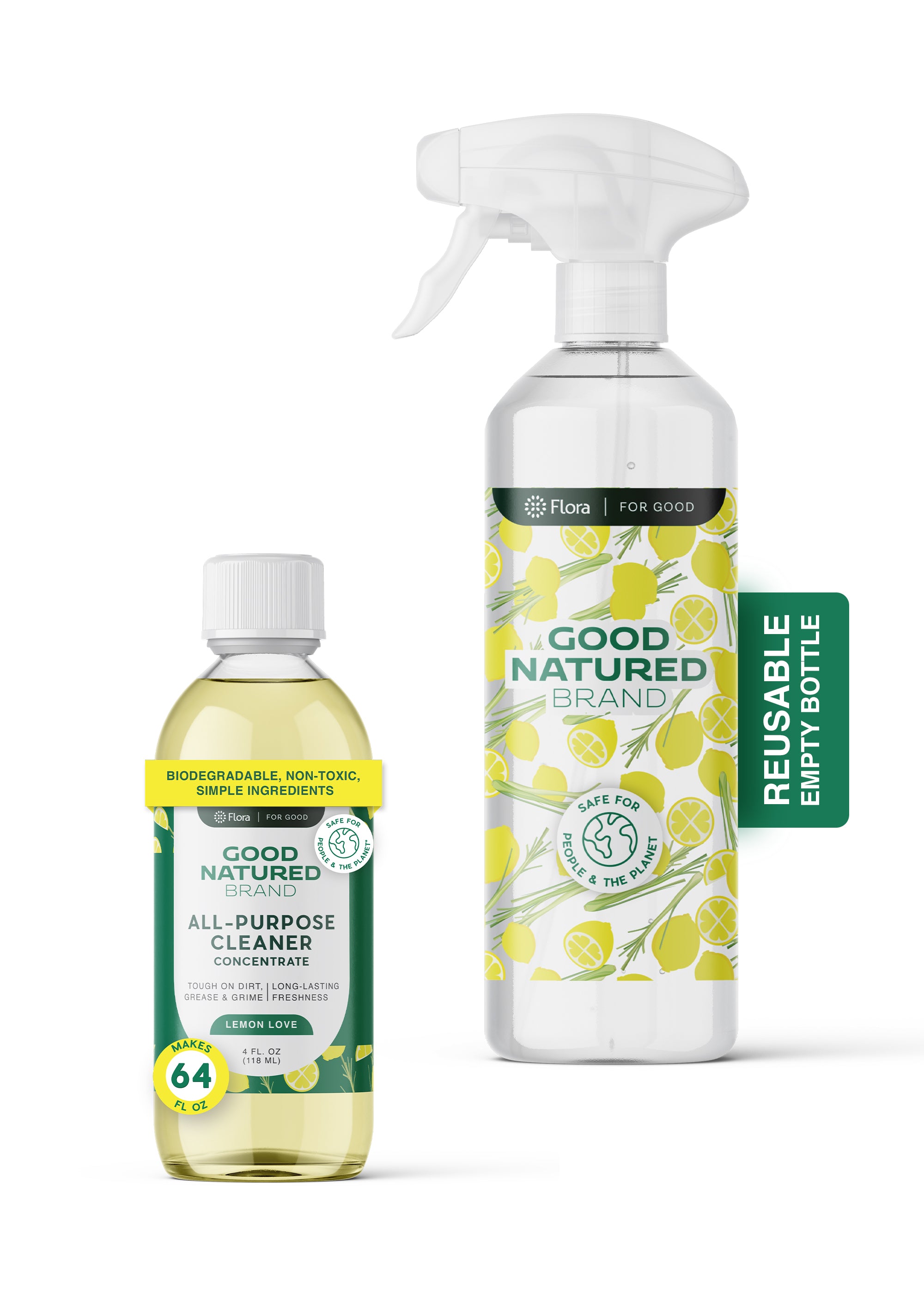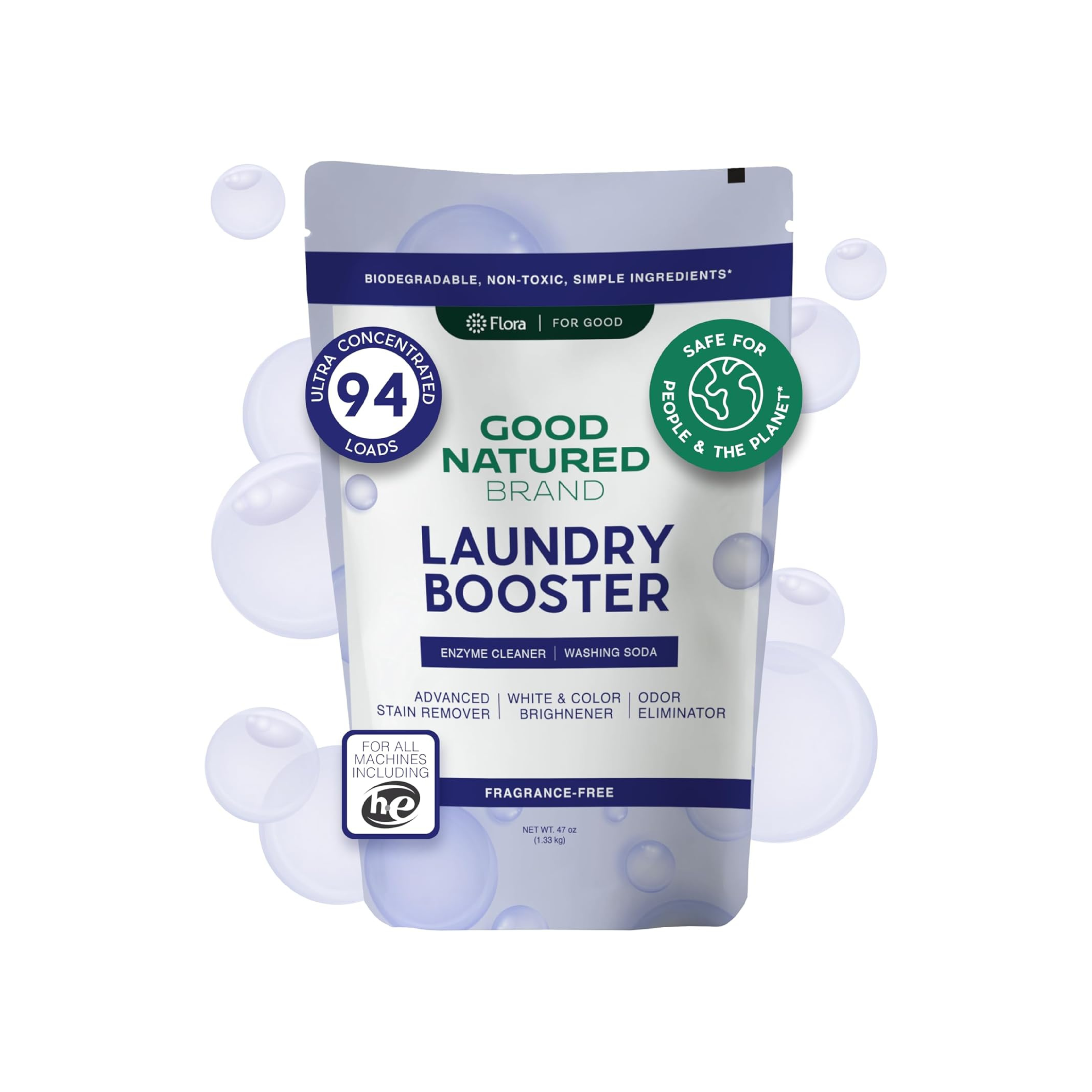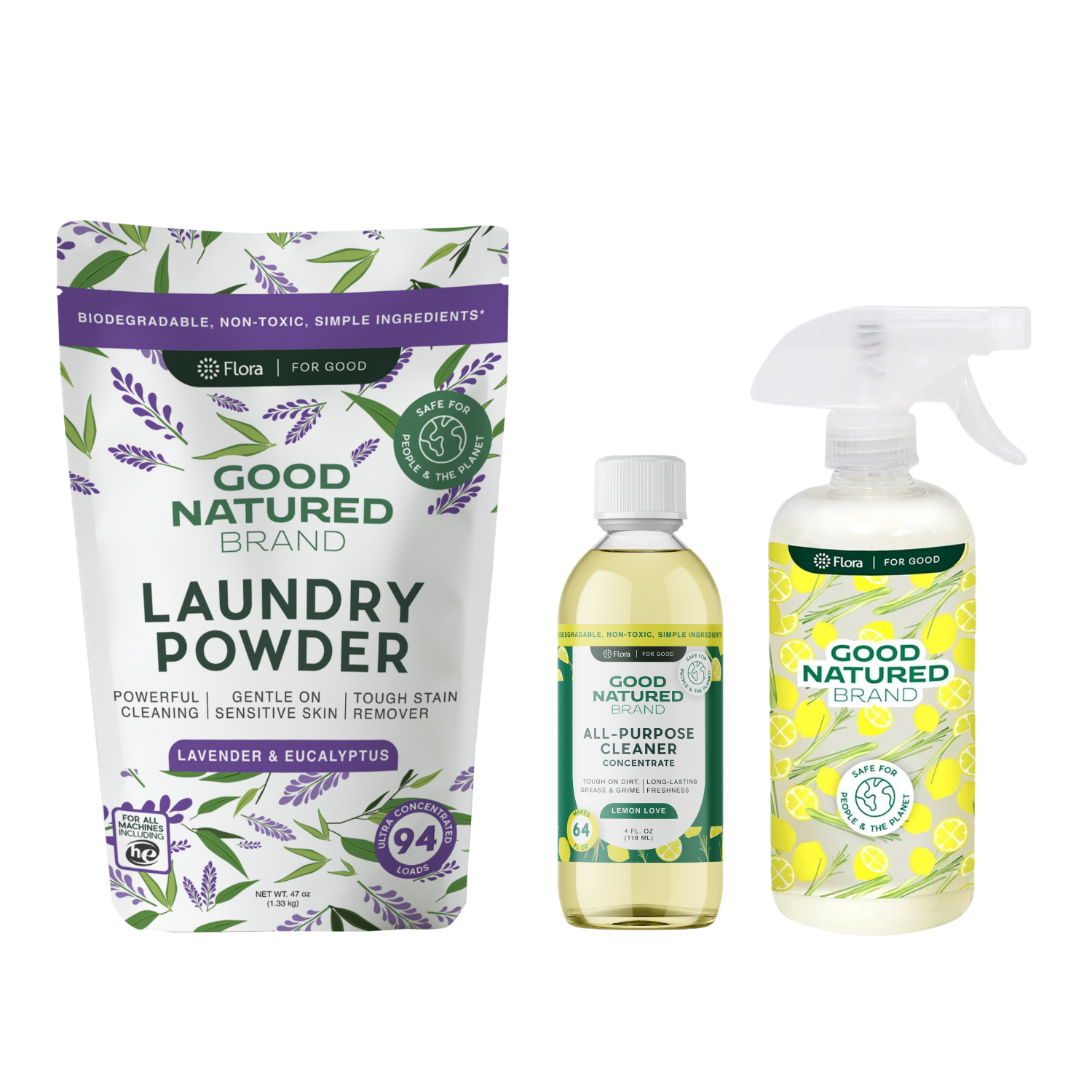Why Cat Owners Are Asking “Can Cats Have Blueberries?”
If you’ve ever enjoyed a handful of blueberries and found your cat curiously staring at you, you’re not alone. Many cat owners wonder whether these little blue “superfoods” are safe to share with their feline companions. With so much talk about antioxidants, natural treats, and holistic pet care, it’s easy to assume that fruits like blueberries might offer similar benefits to cats as they do to humans.
The short answer? Yes, cats can eat blueberries — but in moderation. While blueberries aren’t toxic to cats, they shouldn’t replace their primary diet of meat-based nutrition. Understanding how blueberries interact with your cat’s digestive system and what potential benefits or risks they bring is key to making informed feeding decisions.
At Good Natured Brand, we’re passionate about helping pet parents create a safe, healthy, and eco-conscious home — from the treats your pets enjoy to the products you use to clean up after them.
For more pet safety guides and eco-friendly home tips, explore the Good Natured Brand Blog.
What Makes Blueberries a “Superfood”?
Blueberries are often called a “superfood” — and for good reason. They’re packed with antioxidants, fiber, and vitamins C and K. In humans, these nutrients help combat free radicals, support the immune system, and improve overall wellness. But what about our feline friends?
While cats don’t need fruit in their diet, small amounts of blueberries can offer minor benefits. The antioxidants may contribute to cellular health and immune support, and the fiber can aid digestion. Blueberries are also low in calories, making them a better choice than many processed cat treats — provided they’re given sparingly.
It’s important to remember, though, that cats process nutrients differently than humans. Their bodies are designed for protein-rich diets, so treats like blueberries should always remain a supplement, not a staple.
Can Cats Digest Blueberries? Understanding a Cat’s Digestive System
Cats are obligate carnivores, meaning their digestive systems are built primarily to process meat. Unlike humans or omnivorous pets such as dogs, cats don’t have the enzymes necessary to efficiently digest plant matter.
However, that doesn’t mean they can’t handle small amounts of fruits or veggies. When given occasionally, blueberries can pass through their system without issue. The key is moderation — and watching how your cat responds.
Because cats don’t derive essential nutrients from fruit, offering blueberries should be seen as an occasional enrichment or bonding treat, not a nutritional necessity.
Are Blueberries Safe for Cats?
Benefits of Blueberries for Cats
When served safely and in small portions, blueberries can offer a few perks:
-
Antioxidant support: Blueberries contain natural antioxidants that may help fight oxidative stress, potentially benefiting your cat’s immune health.
-
Digestive health: The small amount of fiber in blueberries can promote gentle digestion.
-
Hydration and variety: Fresh blueberries contain water, adding hydration and texture to your cat’s treat rotation.
They also make a great choice for pet parents looking to provide natural treats instead of processed snacks — especially for cats who show curiosity toward human foods.
Risks of Feeding Blueberries to Cats
Despite these minor benefits, there are a few things to watch out for:
-
Overconsumption: Too many blueberries can upset your cat’s stomach or cause mild diarrhea due to fiber and natural sugars.
-
Choking hazard: Small cats or kittens may struggle with whole blueberries. Always cut them in half or mash them first.
-
Allergic reactions: While rare, it’s possible for cats to have sensitivities or mild allergies. Introduce blueberries slowly and observe any changes in appetite, energy, or litter box habits.
In general, blueberries are safe as long as you keep portions small and occasional.
Fresh, Frozen, or Dried: What Kind of Blueberries Can Cats Have?
The form of blueberry you serve matters more than you might think.
-
Fresh blueberries: Best choice. Wash them thoroughly to remove pesticides or residue before offering one or two to your cat.
-
Frozen blueberries: These can make a fun, crunchy summer treat for cats that enjoy new textures. Just make sure they’re unsweetened and free from additives.
-
Dried blueberries: Avoid these. Most dried fruits contain added sugar, preservatives, or artificial flavoring, all of which can be harmful to cats.
Stick to plain, natural blueberries and always introduce them slowly. A single berry can be plenty for your cat to explore a new taste and texture.
How Many Blueberries Can Cats Have?
Cats are small animals, and even tiny treats can make a big difference in their diet. The recommended serving size is one or two blueberries once or twice a week.
Anything beyond that may add unnecessary sugar to your cat’s diet. The goal is to offer blueberries as a novelty treat — not a dietary supplement. Think of it like offering your cat a small reward, not a replacement for their regular meals.
If you have multiple cats, monitor each one individually, as some may tolerate blueberries better than others.
Signs Your Cat Might Not Tolerate Blueberries Well
Even though blueberries are safe, some cats might simply not agree with them. Keep an eye out for:
-
Upset stomach or vomiting
-
Diarrhea
-
Loss of appetite or energy
-
Refusal to eat other food after trying blueberries
If you notice any of these symptoms, stop feeding blueberries and consult your veterinarian. Cats, just like humans, can have unique food sensitivities, and their reactions may vary.
You can always clean up any messes from these “taste tests” easily using pet-safe cleaners. For example, if your cat drops blueberries on the floor or furniture, Good Natured Brand All-Purpose Cleaners can help safely remove stains and sticky residue without harmful chemicals. And if your curious feline decides to play with blueberries on the carpet, freshen up afterward with Good Natured Brand Carpet Deodorizers for a naturally clean scent. For washing blueberry-stained towels or mats, use Good Natured Brand Laundry Powders, which are gentle, non-toxic, and ideal for pet-related laundry.
Fun Ways to Give Cats Blueberries
Now that you know the basics of whether cats can eat blueberries, you might be wondering how to serve them in a way that excites your cat without overwhelming them. There are several creative ways to introduce blueberries as a special treat:
-
Hand Feeding: For cats who enjoy human interaction, hand-feeding a small blueberry is a great way to bond. Hold the blueberry gently between your fingers and allow your cat to nibble. This can be a fun, enriching experience for both of you.
-
Mashing Blueberries into Wet Food: If your cat is a fan of wet food, you can mash a blueberry and mix it into their meal. Just be sure the portion is small enough to maintain the balance in their diet.
-
Frozen Blueberries: Some cats love the added texture of frozen foods. You can freeze a couple of blueberries and let your cat play with them. They’ll enjoy the chilly sensation and the crunchy texture, especially on a hot day. This is a fun way to keep them entertained while they enjoy their treat.
Always ensure that the blueberries are appropriately prepared to avoid choking hazards, especially for kittens or smaller breeds. Cut them in half or mash them for easier consumption.
When it comes to cleaning up after your cat, especially if they’ve dropped some blueberry juice on the floor, make sure you use safe products that won’t harm them. Try Good Natured Brand All-Purpose Cleaners for quick and effective cleanup, or use our Good Natured Brand Carpet Deodorizers to neutralize any odors left behind on carpets.
DIY Cat Treat Recipe with Blueberries (Simple & Healthy)
If you’re looking for an easy homemade treat for your cat, here’s a simple recipe that combines their love for meat and blueberries in a healthy way:
Ingredients:
-
1/4 cup canned tuna in water (drained)
-
1 tablespoon mashed blueberries
-
1 tablespoon oat flour (optional, for binding)
-
1/4 teaspoon of chicken broth (unsalted)
Instructions:
-
In a bowl, mash the blueberries and combine with tuna.
-
Add the chicken broth and mix until the texture is smooth.
-
Gradually add the oat flour to help bind the ingredients together. If your cat is on a grain-free diet, you can skip this step.
-
Form small bite-sized balls or press the mixture into a silicone mold.
-
Refrigerate for at least an hour to firm them up.
-
Serve as a treat, storing the rest in the fridge for up to a week.
This recipe is an excellent way to provide a fun, healthy treat that incorporates blueberries without compromising your cat’s nutritional needs.
Cleaning up after making these treats can get a little messy, but you can keep your kitchen and feeding areas spotless with Good Natured Brand All-Purpose Cleaners. Plus, when it’s time to wash your cat’s favorite dish or cleaning cloth, you can use Good Natured Brand Laundry Powders to remove any lingering odors or stains while keeping the environment safe for your furry friend.
Can Kittens Have Blueberries?
You may be wondering whether kittens can have blueberries, considering their sensitive digestive systems. The answer is generally no — kittens under the age of 6 months should be kept on a specialized kitten food diet, which is carefully formulated for their nutritional needs.
While kittens can begin to try a variety of textures and flavors once they’re a bit older, it’s important not to introduce blueberries or other fruits too early. Their digestive systems are still developing, and introducing complex foods too soon could lead to stomach upset or other digestive issues. Stick to kitten-safe foods and treats during their first few months of life.
Once your kitten reaches the appropriate age (around 6–8 months), you can begin introducing small amounts of fruits like blueberries. Start slowly and always monitor their reaction.
For more on safe pet care and healthy feeding practices, take a look at the Good Natured Brand Blog, where we cover a variety of pet-related topics to help you care for your feline friends.
Comparing Blueberries to Other Fruits Cats Can Eat
While blueberries are generally safe in moderation, there are other fruits that cats can enjoy occasionally. Here’s a quick comparison to help you decide which fruits are safe:
Safe Fruits for Cats:
-
Watermelon: Cats love this juicy fruit, and it’s safe as long as the seeds are removed. Its high water content makes it a hydrating treat for cats.
-
Strawberries: Rich in antioxidants and fiber, strawberries are safe for cats when offered in small, bite-sized pieces.
-
Cantaloupe: Another melon that cats often enjoy, cantaloupe is hydrating and gentle on their digestive system.
-
Apples: Remove the seeds, and small slices of apple can be a tasty treat for your cat. Apples are rich in fiber and vitamin C.
Unsafe Fruits for Cats:
-
Grapes and raisins: These can cause kidney failure in cats, so they should be completely avoided.
-
Cherries: The pits contain cyanide, which is toxic to cats.
-
Citrus fruits (lemons, oranges, etc.): Citrus fruits can cause stomach upset in cats due to their high acidity.
By offering a variety of fruits safely, you can enrich your cat’s diet without introducing harmful ingredients. However, keep fruits like blueberries to a minimum and avoid adding sugar or preservatives.
If you’re concerned about your cat’s diet and what fruits to include, we recommend consulting your veterinarian for tailored advice. And while you're creating a cat-friendly snack, keep your living environment clean and safe with Good Natured Brand All-Purpose Cleaners, which are designed for eco-conscious pet owners like you.
Common Myths About Cats and Blueberries
There are plenty of misconceptions surrounding the idea of feeding cats fruits like blueberries. Let’s address a few common myths:
-
“Blueberries are as beneficial for cats as they are for humans”: While blueberries are packed with nutrients for humans, cats are obligate carnivores and do not benefit from fruits in the same way. Cats get their nutrients primarily from meat, and while blueberries can offer minor health benefits, they aren’t essential to their diet.
-
“All cats love fruits”: Cats are notoriously picky eaters, and not all cats will have the same reaction to blueberries. Some cats might enjoy them, while others may ignore them altogether. It’s important to pay attention to your cat’s preferences.
-
“Blueberries replace cat vitamins”: While blueberries contain some beneficial antioxidants, they cannot replace the vitamins and minerals found in a high-quality, meat-based diet. Always prioritize your cat’s main food over occasional fruits or treats.
Expert Opinions: What Veterinarians Say About Blueberries for Cats
According to veterinarians, small amounts of blueberries are safe for cats in moderation. However, they recommend treating them as an occasional indulgence and not a regular part of your cat’s diet. It’s crucial to understand that blueberries, like all fruits, are not a nutritional necessity for cats and should never replace the primary protein-based foods that meet their dietary needs.
When introducing any new food, including blueberries, it’s always best to consult your vet for advice. Some cats may have unique sensitivities or conditions that require special dietary considerations.
Keeping Your Cat’s Environment Clean After Fruit Treats
Even if your cat enjoys blueberries, cleaning up afterward is essential to maintain a clean and healthy environment. Blueberries can stain surfaces and fabrics, so it’s important to clean up promptly. Use safe, non-toxic cleaning products like Good Natured Brand All-Purpose Cleaners to quickly remove blueberry stains from your floors, countertops, or furniture without worrying about harmful chemicals. If your cat drops fruit on the carpet, a quick treatment with Good Natured Brand Carpet Deodorizers can keep your home smelling fresh.
When you’re cleaning cat-related items such as mats or towels, use Good Natured Brand Laundry Powders to safely remove any traces of blueberry juice while ensuring your laundry is free of harmful chemicals.
Should You Give Your Cat Blueberries?
The final verdict on feeding your cat blueberries is clear: Yes, in moderation. Blueberries can be a safe, healthy treat when given occasionally. They offer antioxidants and fiber but should never replace your cat’s essential protein-rich diet. Always monitor your cat’s reaction to new foods and ensure they enjoy treats in a way that’s safe and appropriate for their digestive system.
For more pet care tips, browse through the Good Natured Brand Blog and explore our selection of natural cleaning products to keep your home fresh and safe for your furry friends. Visit our Main Page for more eco-friendly products, perfect for pet parents.



















